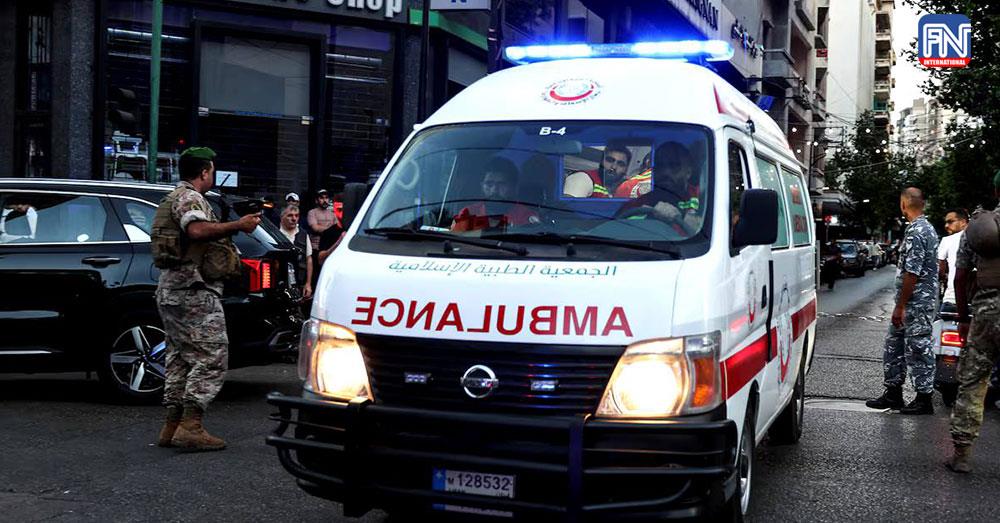TAIPEI, Sept 20 (Reuters) - Authorities in Taiwan and Bulgaria on Friday denied involvement in the supply chain of thousands of pagers that detonated on Tuesday in Lebanon in a deadly blow to Hezbollah.
Tuesday's attack, and another on Wednesday involving exploding hand-held radios used by Hezbollah, together killed 37 people and wounded about 3,000 in Lebanon.
How or when the pagers were weaponised and remotely detonated remains a public mystery and the hunt for answers has involved Taiwan, Bulgaria, Norway and Romania.
Security sources said Israel was responsible for the pager explosions that raised the stakes in a growing conflict between the two sides. Israel has not directly commented on the attacks.
Taiwan-based Gold Apollo said this week it did not manufacture the devices used in the attack, and that Hungary-based company BAC to which the pagers were traced had a licence to use its brand.
"The components are (mainly) low-end IC (integrated circuits) and batteries," Taiwan's Economy Minister Kuo Jyh-huei told reporters.
When pressed on whether the parts in the pagers that exploded were made in Taiwan, he said, "I can say with certainty they were not made in Taiwan," adding the case is being investigated by judicial authorities.
Taiwan's Foreign Minister Lin Chia-lung, also speaking to reporters at parliament, answered "no" when asked if he had met with the de facto Israeli ambassador to express concern about the case.
"We are asking our missions abroad to raise their security awareness and will exchange relevant information with other countries."
Bulgaria also became a focal point for investigations on Thursday after local media reported that Sofia-based Norta Global Ltd was involved in selling the pagers.
But Bulgaria's state security agency DANS said on Friday it had "indisputably established" that no pagers used in the Lebanon attack were imported to, exported from, or made in Bulgaria.
It said neither Norta nor its Norwegian owner had traded, sold or bought the pagers within Bulgaria's jurisdiction.

Photo from Reuters